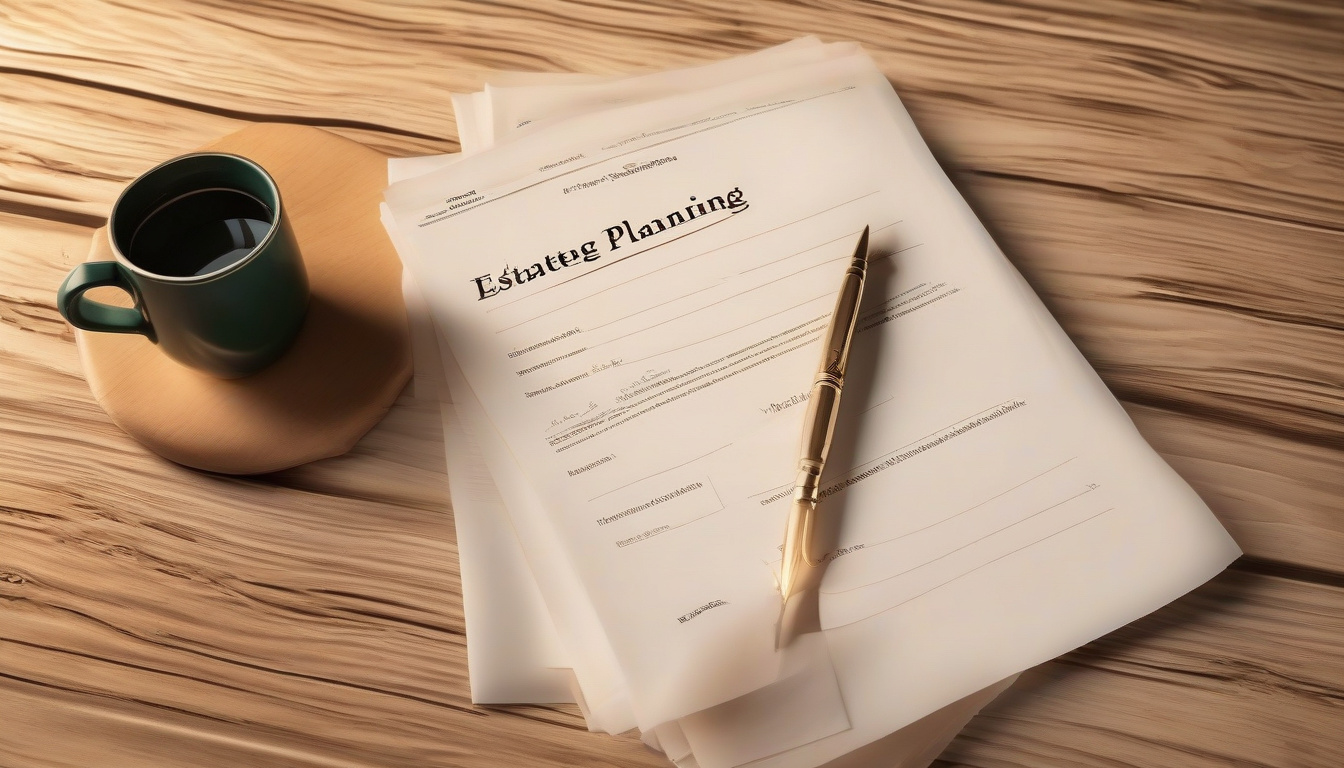Planning for the future is crucial. You plan so that your hard-earned assets help those you love most. Estate coaching gives you expert, personal guidance. It guides you through wills, trusts, taxes, and asset sharing. When you add estate coaching to your legacy planning, you gain clear steps. You avoid costly mistakes. You build a lasting impact for your family. In this article, we show how estate coaching can change your legacy with clear, practical steps made just for you.
What is Estate Coaching?
Estate coaching is a special type of financial and legal coaching. It helps you plan your estate. It is not just legal paperwork and bank tools. Instead, it takes a whole view of your life. Coaches work closely with you. They learn your values, your family ties, and your long-term goals. They offer clear plans to protect and share your assets.
They care about how you feel and how you relate to others, as much as money and laws. This method gives you a plan that fits you well.
Why You Need Estate Coaching for Your Legacy
Many people put off estate planning. They find it too hard or confusing. Estate coaching breaks down these walls with clear help. It gives you structure and support. Some key benefits are:
- Clarity and confidence: Estate coaches make topics like probate, tax rules, and trusts simple. You then make smart choices.
- Customized strategies: Your estate plan matches your own values and family needs. It is not generic.
- Minimized family conflict: Coaches lead sensitive talks about inheritance and care so that misunderstandings go down.
- Tax efficiency: Smart planning saves more of your wealth for your loved ones. It lowers estate and inheritance taxes.
- Peace of mind: You feel safe knowing your legacy is well planned and secure for your family.
Key Strategies in Estate Coaching to Transform Your Legacy
Estate coaching is more than just forms. It makes you think about your future. Here are some clear steps that estate coaches use:
1. Comprehensive Asset Inventory and Valuation
First, list all your assets. This list includes real estate, investments, retirement accounts, business interests, and personal property. An estate coach helps you note and value each asset. They help you mark what matters for future plans.
2. Defining Your Legacy Goals
Estate coaching asks you to define what legacy means to you. Your legacy is more than money alone. Maybe you want to support a charity or care for family. You may want to shape family traditions. Clear goals make your plan effective.

3. Creating a Customized Estate Plan
Working with legal and financial experts, your coach helps you build a plan. This plan uses wills, trusts, powers of attorney, health care instructions, and beneficiary choices. The documents protect you and show your wishes clearly.
4. Addressing Family Dynamics
Estate coaching also prepares your family. Coaches help set clear expectations. They lead talks that reduce conflicts among heirs and executors.
5. Reviewing and Updating Regularly
Life changes. Marriages, divorces, births, and losses all affect your plan. Estate coaches stress that you review your plan often. This keeps it current and true to your goals.
How to Choose the Right Estate Coach
A good estate coach matches your needs. Here are tips to find the right one:
- Look for credentials and experience. Choose someone with estate planning, finance, or elder law skills.
- Check client testimonials. Good reviews show you a coach who works well.
- Evaluate communication style. Make sure the coach listens carefully and explains things clearly.
- Confirm a holistic approach. The coach should care about your money, feelings, and family ties.
- Discuss fees upfront. Clear pricing stops surprises later.
Benefits of Combining Estate Coaching with Professional Legal Advice
Estate coaching and legal advice work well together. Lawyers draft your deeds and handle legal rules. Your coach guides you with your goals and family talks. This team work cuts errors and boosts clarity. It makes your estate plan strong and effective.
Estate Coaching: A Step-by-Step Process to Get Started
Follow these steps to start estate coaching:
- Initial Consultation: Share your current plan or worries with your coach.
- Assessment: The coach studies your assets, family ties, and big goals.
- Goal Setting: Define what success means for your estate plan.
- Planning: Build your tailored plan with the help of your coach and legal experts.
- Implementation: Finalize your documents. Set up trusts or accounts.
- Family Communication: Join discussions so everyone knows your wishes.
- Ongoing Review: Update your plan regularly to suit your life.
Frequently Asked Questions About Estate Coaching
Q1: What exactly does an estate coach do?
A1: An estate coach guides you. They clarify your goals, organize your assets, handle family issues, and join with legal experts to build a plan just for you.
Q2: How is estate coaching different from working directly with an estate attorney?
A2: Estate coaching gives whole-person guidance, clear education, and helps with family talks. An estate attorney writes laws and makes sure you follow them. Both jobs work well together.
Q3: Can estate coaching help minimize estate taxes?
A3: Yes. Coaches work with finance experts and attorneys. They build plans that lower taxes. This way, more wealth goes to your loved ones.
Final Thoughts: Secure Your Legacy Today with Estate Coaching
You need clear plans and expert guidance to secure your legacy. Estate coaching gives you clarity, emotional support, and a tailored plan to protect your assets. It shows your values for the next generations. Whether you start from scratch or rework your current plan, an estate coach helps you make informed, confident decisions.
Begin your journey with estate coaching today. Secure a legacy that shows your life’s true worth. Contact a certified estate coach. Set up your first talk. Take charge of your legacy with clear, expert guidance.
For more insights on estate planning and strategies, visit the American Bar Association’s estate planning resources. They offer trusted, current information on planning your legacy.
Author: Doyle Weaver, Attorney at Law
Home | Estate Planning | Personal Injury | Hill Country Lawyer | Terms of Service | Privacy Policy
© 2025 Digital Law Firm, P.C.
Disclaimer: The content provided in this blog is for educational and informational purposes only. It is not intended to constitute legal advice or establish an attorney-client relationship. The information presented does not address individual circumstances and should not be relied upon as a substitute for professional legal counsel. Always consult a qualified attorney for advice regarding your specific legal situation. The author and publisher are not liable for any actions taken based on the content of this blog.


















